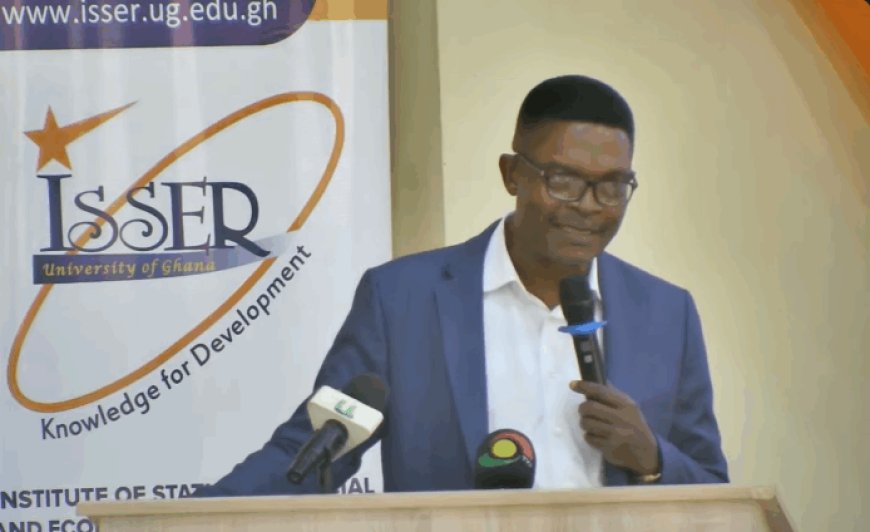Tackling Inequality Must Be Ghana’s Topmost Development Priority” – Dr. Emmanuel Akwetey
Dr. Emmanuel Akwetey of the Institute for Democratic Governance (IDEG) argues that inequality — both economic and social — must be Ghana’s foremost development priority. He highlights the need for deep reforms in local government, investments in social infrastructure and education, and broader inclusion of marginalized groups to ensure equitable growth.

Dr. Emmanuel Akwetey, Executive Director of IDEG, asserts that addressing inequality through inclusive local governance and social infrastructure is Ghana’s paramount development challenge.
Summary:
Dr. Emmanuel Akwetey of the Institute for Democratic Governance (IDEG) argues that inequality — both economic and social — must be Ghana’s foremost development priority. He highlights the need for deep reforms in local government, investments in social infrastructure and education, and broader inclusion of marginalized groups to ensure equitable growth.
Full Article
Dr. Emmanuel Akwetey, Executive Director of the Institute for Democratic Governance (IDEG), asserts that tackling inequality should stand at the apex of Ghana’s development agenda. In a series of recent statements, he emphasised that unless disparities in income, access to services, and opportunities are addressed, the nation’s growth remains incomplete and unstable.
1. Local Government Reform: A Path to Inclusion
Speaking at national forums, including the 76th Annual New Year School held in January, Dr. Akwetey pressed for comprehensive local government reforms. He contends that decentralisation must be strengthened to empower communities and deliver essential services equitably
Key proposals include:
-
Introducing political participation in district-level governance.
-
Mixed-member proportional representation to include women and marginalized groups.
-
Establishing local development councils to integrate traditional leadership
2. Economic and Job Inequality: A Missed Opportunity
Analysts argue that while Ghana’s economic growth has been impressive, it has not translated into decent jobs. Employment elasticity stands at just 0.47—meaning 1% GDP growth yields only 0.47% job growth . Dr. Akwetey emphasises the importance of promoting manufacturing and high-productivity agriculture to generate formal-sector jobs that reduce earnings inequality
3. Social Infrastructure and Public Services
The IDEG director warns against widening gaps in education and healthcare. Quality public schools and universal health coverage are crucial to leveling the playing field. He holds that better funding, upgraded facilities, and greater resource access would help curb wealth and social inequality
4. Moving Beyond “Winner‑Takes‑All” Politics
Dr. Akwetey criticises Ghana’s entrenched winner‑takes‑all political system. He notes that the exclusionary nature of political appointments limits national cohesion and undermines merit-based service delivery. He urges shifting towards meritocracy and institution-focused governance.
Why This Matters
-
Equality is stability: Addressing disparities underpins social cohesion and democracy.
-
Decentralisation is transformation: Empowered local government ensures services reach all citizens.
-
Jobs anchor prosperity: Formal job growth combats poverty and bridges the wealth divide.
-
Public services are equalisers: Good schools and healthcare create fair starting lines.
-
Systemic change required: Rethinking political and governance frameworks enhances effectiveness.
Looking Ahead
-
Push for local government reforms, including political decentralisation and proportional representation.
-
Prioritise manufacturing and agriculture in national development strategies.
-
Invest in public education and healthcare, particularly for underserved regions.
-
Reform governance to ensure merit-based appointments over partisan patronage.
What's Your Reaction?





















































































